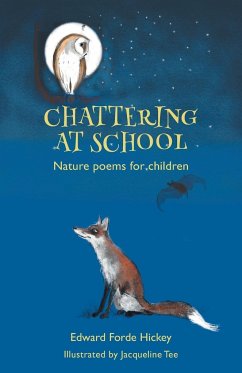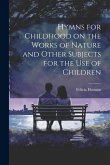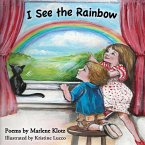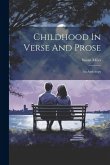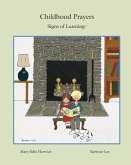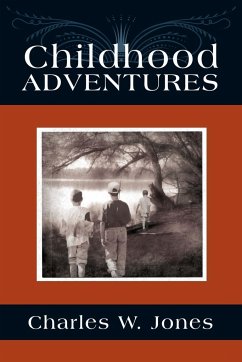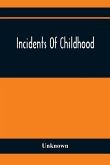Chattering at School is a series of animal poems that invites the reader to learn and marvel at all the wonders of the natural world. The poems include fun narratives on the surface, while containing learning and teaching moments as the poems unfold. The book has lovely illustrations and is full of moral lessons. The introduction to Chattering at School: Nature poems for children explains that these poems were written by a schoolboy aged 11 to 18 (1951-58) during his annual summer holiday visits to his grandmother on her small farm in Ireland. She had been his carer and guardian from the time of the German Blitz of London where he was born, and lived with her until the war ended in 1945. He then returned to his unknown parents, who had been unable to visit him in Ireland from the UK during the war. Over 60 years later, the author of these poems - Edward Forde Hickey - discovered them (his own schoolboy attempts at writing poetry) lying in the attic and felt they were worth recording publicly.
Hinweis: Dieser Artikel kann nur an eine deutsche Lieferadresse ausgeliefert werden.
Hinweis: Dieser Artikel kann nur an eine deutsche Lieferadresse ausgeliefert werden.

